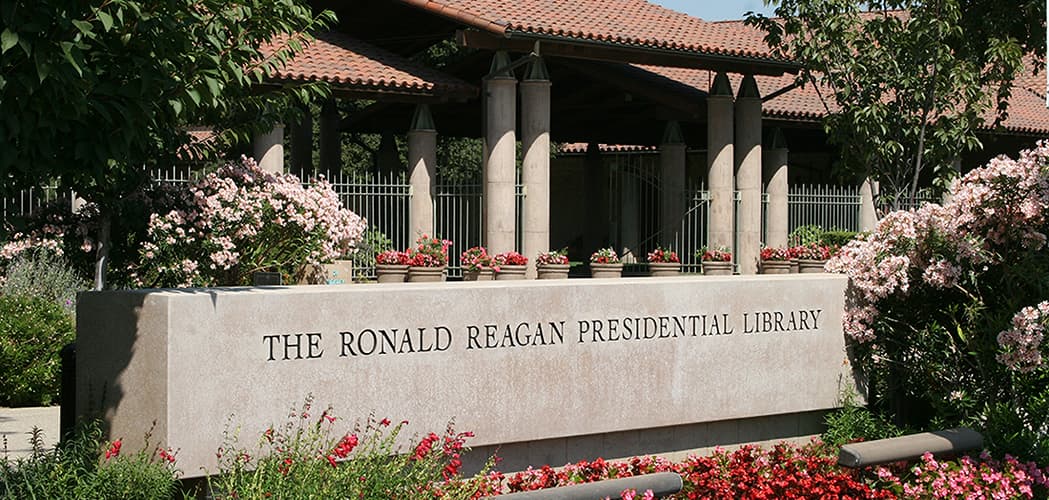Reagan Library Faces Scrutiny Over Tariff Speech Video Amid "MAGA Board" Allegations

A recent tweet by Ben Meiselas has drawn attention to the Ronald Reagan Presidential Library, alleging that the institution has placed no "use restrictions" or "access restrictions" on its video of Ronald Reagan's radio address condemning tariffs. The tweet further suggested that "Perhaps the new MAGA board that controls the foundation now wants to read its own terms of use," implying a shift in the foundation's stance or interpretation of Reagan's legacy regarding trade policy.
The controversy stems from the Reagan Foundation's recent criticism of a Canadian government advertisement. This ad utilized excerpts from Reagan's April 25, 1987, radio address, where he explicitly spoke against tariffs, stating, "Throughout the world there’s a growing realization that the way to prosperity for all nations is rejecting protectionist legislation and promoting fair and free competition." The foundation, which supports the library and museum, publicly claimed the ad "misrepresented" and used "selective audio" of the former president, despite Reagan's clear anti-tariff remarks in the full speech.
Critics, including the tweet's author, argue that the foundation's reaction appears to align with the protectionist trade policies advocated by former President Donald Trump's "Make America Great Again" movement. The foundation's statement prompted a strong response from Trump, who cited it in his own social media posts to criticize Canada and threaten trade negotiations. This incident has led to accusations that the foundation, traditionally non-partisan, is being influenced by contemporary political agendas.
Presidential records, including speeches, are generally considered to be in the public domain under the Presidential Record Act of 1981, meaning no permission is typically required from presidential foundations or libraries for their redistribution. The Reagan Foundation's board of trustees includes prominent figures such as Elaine Chao, Paul Ryan, and Laura Ingraham, whose political affiliations are well-known, fueling the perception of a "MAGA-aligned" influence on the institution's interpretations.
The situation highlights a broader trend of presidential libraries and historical institutions being drawn into current political debates. Observers suggest that such controversies could challenge the perceived objectivity and non-partisan mission of these foundations, which are tasked with preserving and presenting a president's legacy. The debate over Reagan's tariff stance underscores the ongoing relevance and reinterpretations of historical figures in modern political discourse.